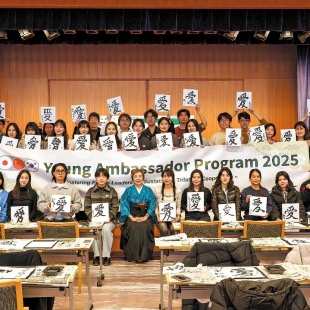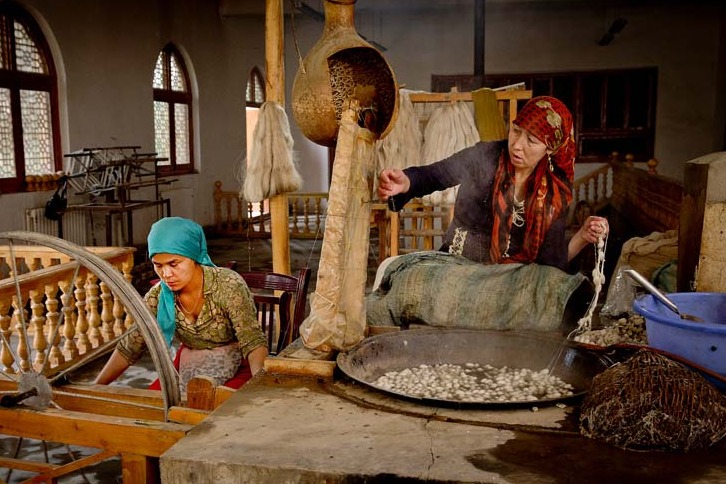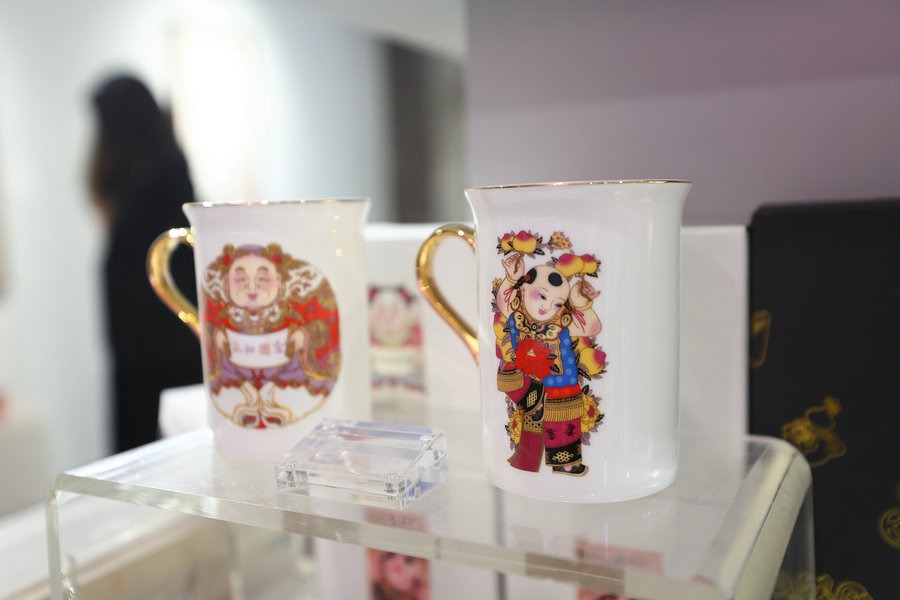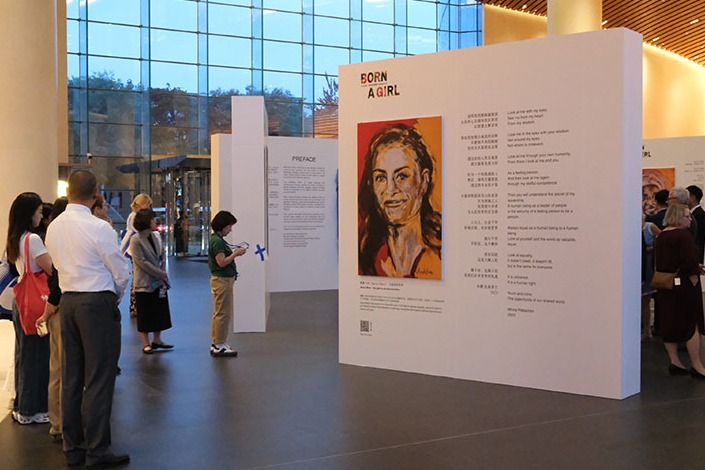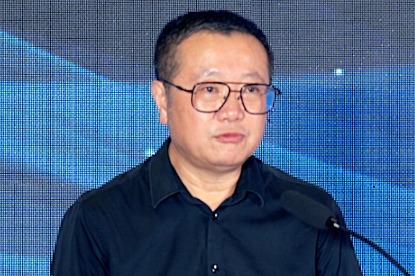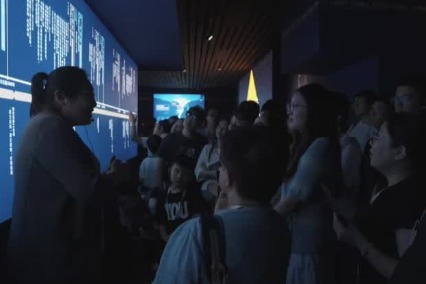Youth envoys connect as neighbors
A program helps young people from China, Japan and South Korea break stereotypes and form friendships


Breaking stereotypes
During the YAP Program, the participants encountered many cultural differences, but through a series of experiences, they have realized that understanding, empathy, and a genuine heart are the keys to achieving harmony.
They also found out that direct interaction is the best way to overcome stereotypes and build mutual understanding.
Through the program, Kim found that the stereotypes she had grown up hearing, such as Chinese being "too loud" or Japanese being "too introverted", were upended by real interactions.
"Looking back, the loudest and noisiest person in the YAP program was actually me," she laughed. "And our supposedly introverted Japanese friend led us to the most exciting night out at an izakaya at the end of the day."
Kim said that stereotypes might have some basis in cultural traits, but this experience reminded her that they never tell the whole story.
"Judging people based on preconceptions and assuming just builds unnecessary walls between us," she said.
Shen from China noted he had assumed that Japanese and Korean societies were more rigid and rule-bound than China, with stricter and more subtle social norms.
He had long believed that the strong sense of rules and boundaries in Japanese and Korean societies made it difficult to form truly heartfelt friendships.
However, Shen said, during this exchange, he realized that all participants actively set aside their preconceived notions, whether positive or negative, about other nations, approaching each interaction with warmth, focus, and mutual respect.
Rather than hindering communication, the so-called awareness of rules and personal boundaries was seamlessly integrated into an atmosphere of openness and inclusiveness, he said.
For example, China, Japan and South Korea have their own unique but common cultural "unspoken rules", the importance of which can only be mutually understood by the people of the three East Asian countries, Shen noted.
He added that it is mutual understanding that defines the essence of the exchange.
Such opinions are also shared by Kim Song-jung, a PhD student at Yonsei University. She initially believed that Japanese youth might be too reserved for open debate, but she found them to be highly engaged and thoughtful in group discussions. "Similarly, I had a notion that Chinese participants would be overly competitive; instead, I witnessed a strong spirit of teamwork and a genuine willingness to collaborate," she added.
Kim Hyein said that through this experience, she learned that "while it is important to establish our own identity and preserve unique culture by being with people from our own country, it is equally necessary to make an effort to communicate and understand people from different cultures and backgrounds".
"If we isolate ourselves within our own culture, we may face difficulties in connecting with others from diverse backgrounds," she added.


